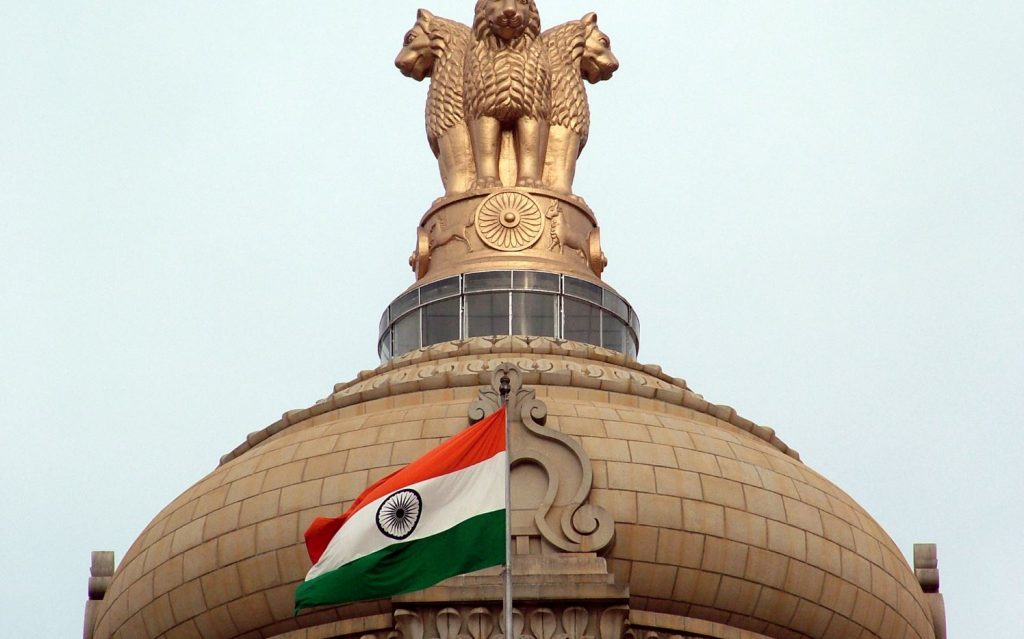
India passes new telecom bill to modernise connectivity, introduce satellite broadband amid privacy concerns
The upper house of Indian Parliament today passed the Telecommunications Bill, 2023, replacing over century-old rules as part of the country’s efforts to modernise connectivity, embrace new services, and cater to the evolving landscape of telecommunications. The move comes just months before general elections and aims to foster private participation, attract foreign investors, and facilitate the introduction of satellite broadband services.
In a first, the legislation allows for allocation of spectrum for satellite-based services without participating in auctions. This move is expected to favour global players such as Airtel-owned OneWeb, Elon Musk’s Starlink, and Amazon’s Kuiper among others — all of whom are keen to establish satellite broadband services in India.
The bill introduces measures for biometric verification of subscribers and restricts the number of SIM cards each user can employ, aiming to curb fraudulent activities and enhance security. The legislation includes provisions for civil penalties, with fines of up to $12,000 for specific infringements and up to $600,400 for breaches of defined terms and conditions.
Amendments to the Telecom Regulatory Authority of India Act, 1997, allow individuals with over 30 years of private sector experience to be appointed as the regulator’s chairperson, broadening the pool of eligible candidates.
The bill, which was passed with most of the opposition MPs absent due to suspension, also raises privacy concerns. The bill grants the Narendra Modi-led government sweeping authority to utilise and take control of telecom services and networks, particularly for monitoring traffic data in national security interests. It also retains provisions for intercepting communication, and taking control of broadcasts during emergent situations.
Interestingly, the bill excludes the term “OTT” (over-the-top), which was present in its initial draft. While industry bodies have welcomed this change, concerns persist about potential future categorisations of OTT apps as telecommunications services.
Digital rights activists and privacy advocacy groups have expressed concerns about the bill’s ambiguity, absence of public consultations, and its potential impact on privacy. Calls for the bill’s withdrawal and the creation of a new draft through consultation have already been voiced.
The legislation introduces an authorisation regime, requiring telecommunication services to apply for authorisation to operate in India. This further broadens the government’s control over various communication platforms, including social media applications.
The bill empowers the government to suspend, remove, or prohibit the use of specified telecommunication equipment and services from designated countries or individuals. It also allows the government to set telecom standards for encryption, cybersecurity, and data processing in communication.
The Lok Sabha passed the bill with a voice vote, amid the absence of many opposition leaders who were suspended from the house, raising questions about the robustness of the parliamentary debate. The bill awaits approval from the Indian President to become an official act.

